
Organic skincare and beauty products are formulated with naturally sourced ingredients that are produced without the use of chemicals or pesticides.
The main benefit of choosing these products is that they are kinder to your skin and help you maintain a natural and non-toxic beauty routine. The best way to maintain your organic and natural beauty routine is to look for brands that are certified by BDIH, ECOCERT or COSMOS.
1. No Harmful Chemicals
Choosing organic skincare and beauty products is a great way to improve your health, the environment and your skin. With these natural products, you can avoid harmful toxins like parabens (chemicals linked to cancer) and formaldehyde and petroleum waxes.
You can also choose to use natural ingredients such as essential oils, plant extracts and vitamins, minerals and antioxidants. These ingredients are more effective than chemically produced ones because they can help your skin fight the signs of aging and maintain a healthy complexion.
You can also make sure that the formulas you choose are not toxic, containing no parabens, phthalates, or sulfates. This is especially important if you have sensitive or allergy-prone skin.
2. No Animal Testing
Choosing organic animal testing free skincare and beauty products can be an easy way to help end cruelty. The practice of testing cosmetic ingredients and products on animals is completely unnecessary, and it is also unethical.
Many countries ban this cruel practice. In addition, most skincare and beauty brands are now waking up and pledging not to test on animals.
Unlike conventional beauty products, organic skin and beauty products do not contain synthetic chemicals, which are often harmful for the environment and your health. Instead, organic products are made with plant-based ingredients that have been grown or produced with sustainable practices. This reduces the amount of waste and toxins that are released into the environment, helping to preserve our natural habitat.
3. More Antioxidants
Antioxidants are the natural compounds found in plants that can protect our skin from oxidative stress. These substances are able to fight off free radicals that are caused by pollution, radiation and chemicals that we have in our environment.
Aside from the obvious benefit of preventing damage, they can also brighten and improve your overall complexion. This is because antioxidants help scavenge free radicals, which can cause reactions that inhibit collagen production and reduce cell repair.
Organic skincare and beauty products are generally made with higher percentages of organic ingredients than non-organic, which means that they have more of these beneficial molecules in them. This means you get a more effective, safe product for your skin and the planet.
4. Better Value
Organic skincare and beauty products are a great way to protect your skin from harmful ingredients that can cause acne, dryness and other skin issues. They are also eco-friendly, meaning they use recycled and recyclable packaging.
They are a great way to help keep the planet healthy, which is why more and more people are choosing them.
The organic skin care market is growing at a rapid pace in response to a growing awareness of the negative effects of chemicals and pesticides on our health, skin, and environment.
Fortunately, there are some really great affordable options out there. However, some natural skincare brands are still charging a lot more than you would expect for organic beauty products.
5. Sustainable
Choosing organic skincare and beauty products is a great way to make a positive impact on the planet. It means that you're supporting a more sustainable agriculture system, which lessens the load on Earth's resources and limits pollution caused by chemical ingredients like pesticides.
Besides being good for the environment, organic skincare and beauty products are also better for your skin. Compared to synthetic formulas, they contain more active ingredients that work immediately to nourish and soothe your skin.
Some organic skincare and beauty brands are also taking strides toward sustainability, incorporating eco friendly skincare ingredients, packaging, and business practices that help the environment and your skin. Some of these brands are even working with small-scale farmers and community-based operations to support local sustainable farming.
Frequently Asked Questions
What are organic food products?
Organic produce does not contain synthetic fertilizers, pesticides and sewage sludge. It is also grown without irradiation or genetic engineering. There is no use of growth hormones and no animal testing. These crops can naturally grow, so no chemicals are used by farmers to combat pests or weeds.
Organic farming methods also help to preserve soil quality, reduce erosion, and conserve water resources. Organic foods are healthier than conventional foods because they have more nutrients. Organic products tend to be higher in fiber and lower fat than conventionally produced foods.
What are the benefits of organic fruits?
Organic food does not contain pesticides or synthetic fertilizers. They also contain more nutrients, such as vitamins A, C, E, and K, plus omega-3 fatty acids. These ingredients are good for our bodies as well as the planet.
Organic foods are produced using sustainable agricultural practices that protect soil quality and promote biological diversity. They are free from harmful chemicals, radiation, and sewage sludge.
Many organic products are not associated with produce. They include dairy and meat, poultry, eggs baked goods, pet food, household cleaning supplies, and personal care products.
The USDA defines organic as crops that are grown according to federal standards. These foods cannot be grown by farmers using conventional methods. However, they can use approved natural methods to control pests, like crop rotation and cover crops, or animal feed made of organic materials.
A farmer must also adhere to guidelines about how much fertilizer or pesticide he applies during the growing season. Also, he must rotate his fields between different crops. GMOs, artificial growth hormones, synthetic pesticides and synthetic fertilizers are not allowed in the fields of farmers.
Produces labelled as 100% organic meet all requirements. But not all farms will label their products 100% organic. That would confuse consumers. They will instead label their product "made with organic ingredients." "
What are some of the benefits of organic agriculture?
Organic farming is a way for farmers to grow food naturally without the use chemicals. Organic farming is a way for farmers to produce food without using harmful pesticides.
Organic farming also offers more natural fertilizers. These fertilizers aid in the growth of healthy plants as well as reducing the amount chemical waste.
Organic farming is also eco-friendly. To recycle nutrients back into soil, farmers often resort to composting. This reduces pollution and conserves valuable resources.
As well as helping the environment, organic farming increases crop yields. This is due to the fact that organic farming uses much less water during growth season.
Organic production methods result in farmers receiving higher prices. Healthier foods are demanded by consumers who are more aware of the dangers posed by pesticides and chemical fertilisers.
This drives up the demand for organic products. Organic farming is becoming more popular because of this.
Organic foods are better for us.
According to the Environmental Working Group’s latest report on pesticide residues, organic fruits/vegetables had nearly half as many pesticides than non-organic. They discovered that organic apples contained eight more pesticides per gram than non-organic ones, while organic strawberries contained four times as many pesticides.
Another study suggests that organic food can reduce exposure to toxic metals such as lead and mercury. For example, one study showed that children who ate organic meat had 33 percent lower blood lead levels than those who didn't consume organic meats. Another study concluded traditional fish should not be consumed by pregnant women, due to high mercury levels.
Organic food is generally safer than non-organic. Experts recommend that fresh produce and vegetables be used whenever possible to reduce your chances of developing cancer.
Are organic foods good for your health?
While organic foods may not be suitable for everyone's health, they are healthy for some people. There are certain health benefits to those who consume organic foods regularly.
Organic food is grown without the use of pesticides herbicides fungicides hormones antibiotics or genetic engineering. Organic produce is free from harmful chemicals that could cause harm to human health.
Additionally, organic products are less likely to contain additives during processing. Organic products are healthier than those that use additives during processing.
Research shows that organic produce contains more nutrients and antioxidants compared to conventionally grown fruit and vegetables.
Even though organic farming methods can be more costly than conventional farming methods they are often more productive. Organic agriculture encourages soil fertility, biodiversity and biodiversity.
This helps to prevent erosion and conserve water resources. Organic farms also require less energy and fuel, as they aren't treated using toxic chemicals.
Some people worry that organic foods are more expensive than conventional ones. However, prices can vary depending upon where you live. For example, organic apples tend to be more expensive than traditional apples.
However, organic fruit is more affordable if you compare the price of a basket of both types.
So should you go organic?
It depends on what kind of person you are. Organic food is not for you if you don’t like it.
You can still buy organic food if your preference is for good tasting food. Organic foods are safer as most commercial growers use chemical fertilisers, pesticides, or genetically modified species (GMOs) to produce their crops.
Organic agriculture is a way to preserve the environment, conserve natural resources, and encourage biodiversity.
Is organic food healthy?
There are two types. One is those that we grow ourselves, and the other is those that we buy from someone else. There are exceptions to these categories, but most people will answer your question yes. Organic food is healthier since it doesn't include any harmful chemicals.
In supermarkets all over North America, Europe Asia, Latin America, Latin America, and Africa, you can find organic food. Organic food can now be found in many grocery stores making it easier for shoppers to choose organic products.
Organic food has higher levels vitamins, minerals and antioxidants which makes it more delicious and nutritious. Organics are grown without using pesticides and fertilizers. They also don't pollute soil or water.
The USDA regulates organic farming practices. They require farmers to follow strict guidelines so that organic produce can be eaten safely. There are currently over 30 million acres of US farmland certified as organic.
As an added benefit, organic food is often much cheaper than conventional food. Customers pay less for the same amount in calories, protein and nutrients. Organic farms are free to charge less for their crops, as they don't need to pay expensive chemical inputs such insecticides orfungicides.
According to the Environmental Working Group (EWG), organic food actually costs 10% less per pound. If you care about the health of yourself and your family, consider switching to organic food.
Organic food has become an increasingly popular alternative to American standard diets. It is often believed that organic food is exclusive to specialty markets and gourmet restaurants. Organic food can easily be found in any regular grocery store across the United States.
In recent years, organic food sales have been on the rise. The US market value of organic foods was $43Billion in 2012, up from $21B in 2007.
Statistics
- As for organic meat, regulations require that animals be raised in living conditions that accommodate their natural behaviours (like the ability to graze on pasture), fed 100% organic feed and forage, and not administered antibiotics or hormones. (usda.gov)
- Popular clothing brands, like Patagonia, are labelled as organic by using 100 percent organic cotton for many of their styles. (en.wikipedia.org)
- Brands participating in this challenge are committed to using 100 percent sustainable cotton by 2025.[5] (en.wikipedia.org)
- According to a study performed by consumerreports.org, organic products, compared to non-organic products, ranged anywhere from 13 percent cheaper to 303 percent more expensive. (en.wikipedia.org)
External Links
doi.org
- A Review of Journal of Toxicology and Environmental Health: Cancer Risk and Occupational Pesticide Expositions: Part B: Vol 15, Number 4
- Genetically modified foods: Safety, Risks and Public Concerns - A Review - Journal of Food Science and Technology
ams.usda.gov
sciencedirect.com
- The health effects of organic foods and their impact on the human body: A review of the status quo and future prospects of research – ScienceDirect
- Technical note: Simultaneous analysis of vitamin and carotenoid content in milk from cows fed total mixed rations. Xanthophyll detection is possible - ScienceDirect
ecfr.gov
How To
Is there anything negative about buying organic products?
Organic food has numerous benefits. However, organic foods have their drawbacks. These include higher consumer costs, lower quality standards and fewer options.
It is okay to want more variety when shopping for groceries. But we've been programmed to expect cheap food that tastes terrible. You'll find identical prepackaged foods in most grocery stores.
Organic food is increasingly becoming popular, thanks to the fact that it has better nutrition and tastes amazing. How can you convince people to pay a little more?
But you could still tell them that organic foods are more expensive. Organic food tastes better, but that doesn't make it any less expensive. It may even make them question your motives.
Instead, it would be best if you highlighted its advantages. Organic food is healthier and contains less pesticides, antibiotics, and it has higher nutritional content. Plus, it's grown without synthetic fertilizers and herbicides, which means it's healthier for us and our environment.
Many people turn down organic food simply because it is too costly. But as long as they consider the health benefits, they may decide that spending a few dollars per week is worth it.
Organic food tastes better because it is produced according to strict guidelines. As a result, it tends to retain more vitamins, minerals, and antioxidants.
Organic food is also tastier because it's picked later in the season. This makes it easier to digest and fresher.
Organic food is usually cheaper than conventional food because it is grown organically by farmers, which means that they use less fertilizer and labour.
Resources:
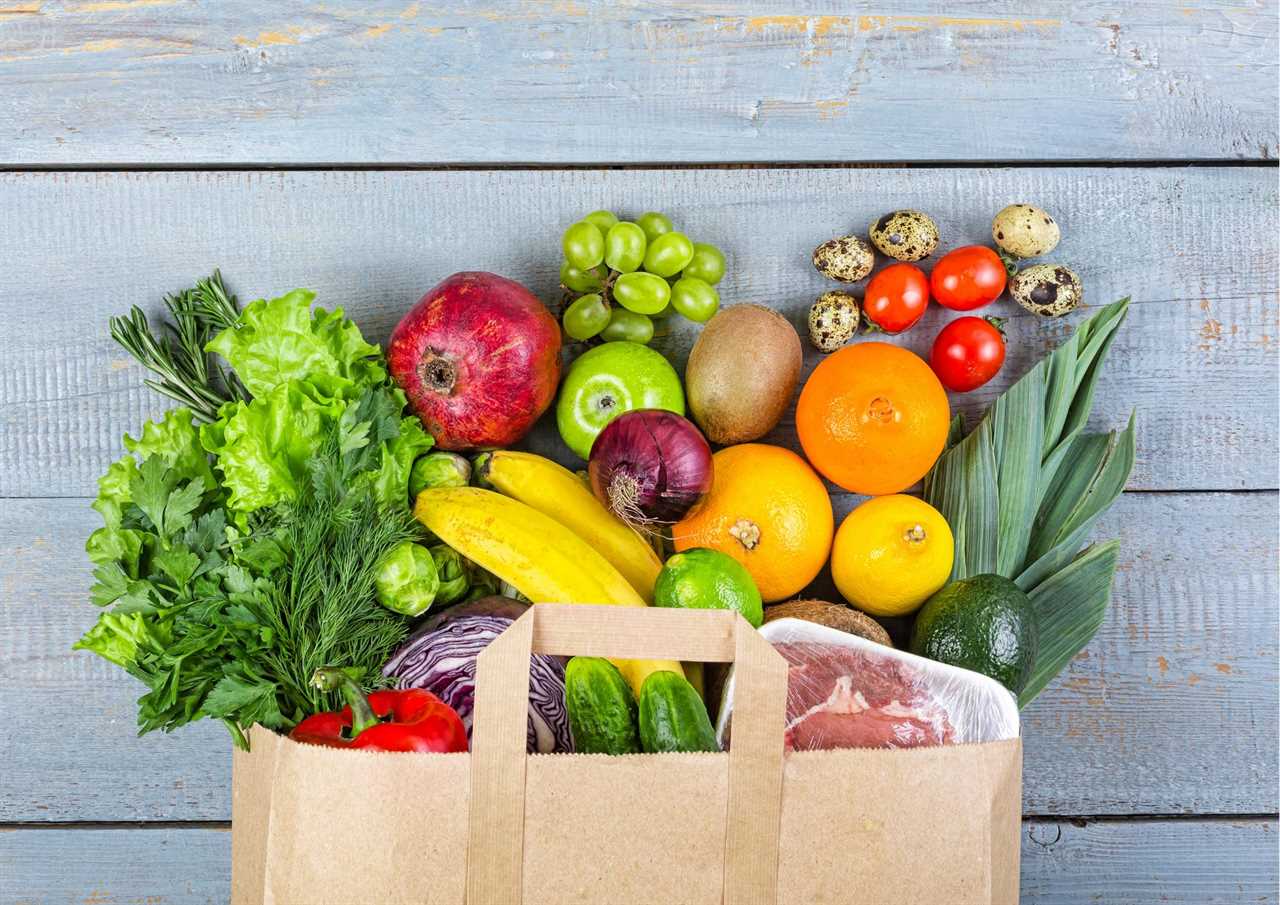 |
Health benefits of eating organic?A review in The Annals of Internal Medicine failed to find strong evidence that organic foods are significantly more nutritious than conventional foods. Lisa |
 |
The Benefits of Crop RotationCrop rotation is a way to grow multiple types of crops in the same space. This is done in an effort to diversify the ecosystem, reduce pest and weed.. |
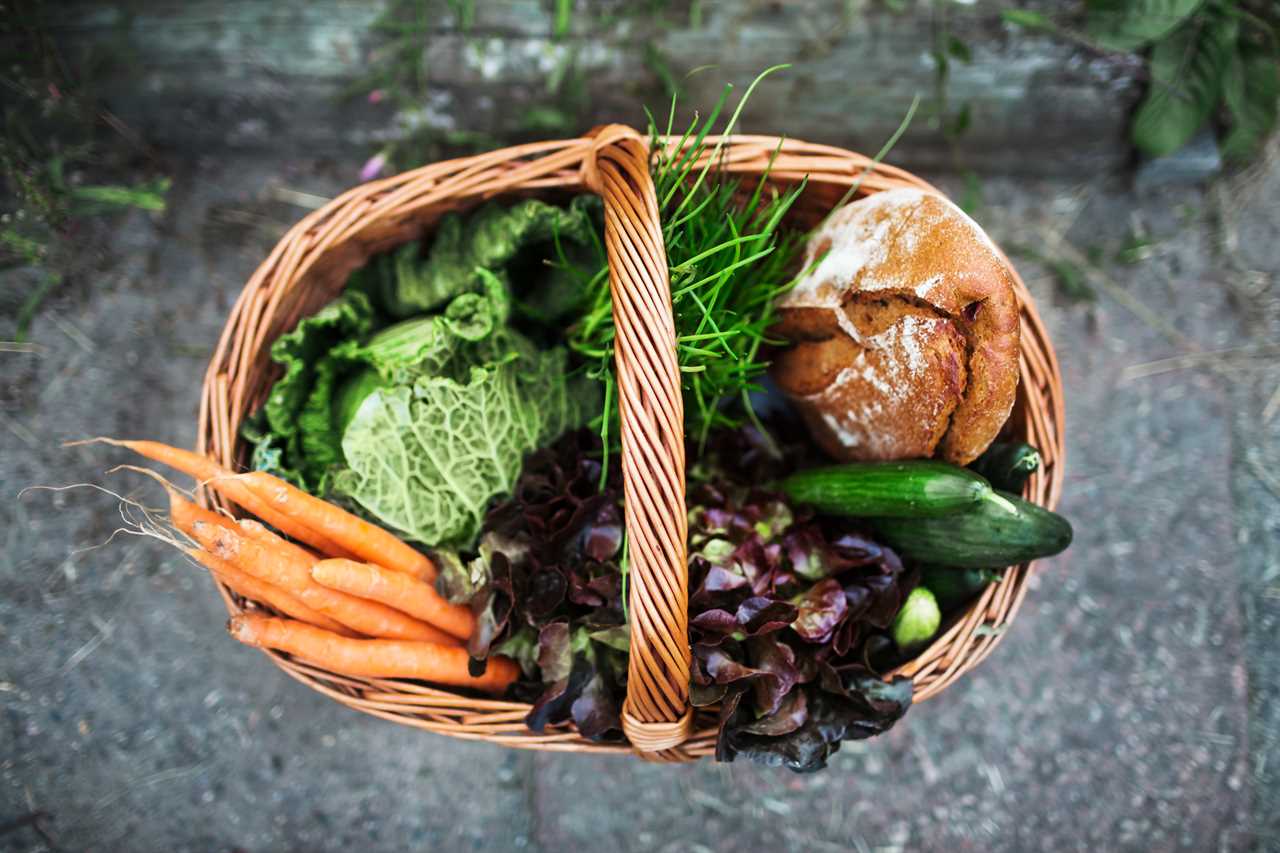 |
Do I Need To Eat 100 % Organic Food? – Dr. BergFor more info on health-related topics, go here: https://bit.ly/2YI8NLc Take Dr. Berg's Free Keto Mini-Course: http://pxlme.me/-i717vtY […] |
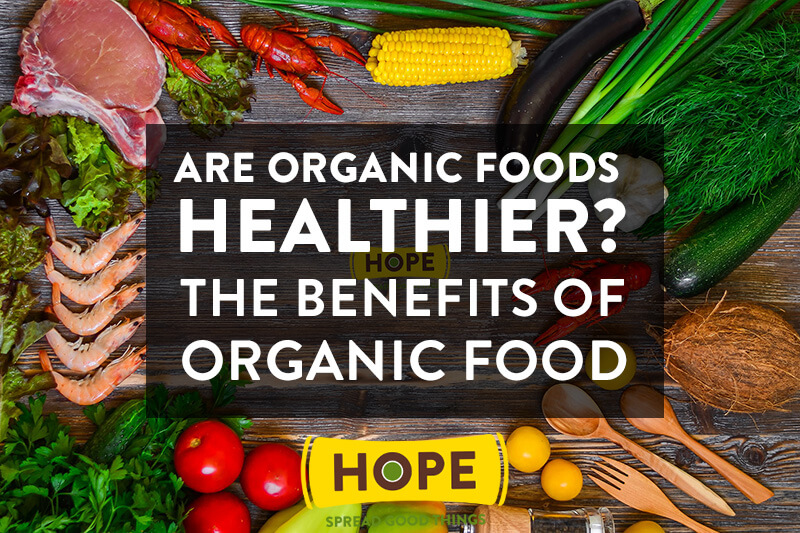 |
The Importance of Soil Conservation in Meeting the Sustainable Development GoalsSoil conservation is important for maintaining the soil's health and resilience. The microbial and faunal communities in the soil are impacted by.. |
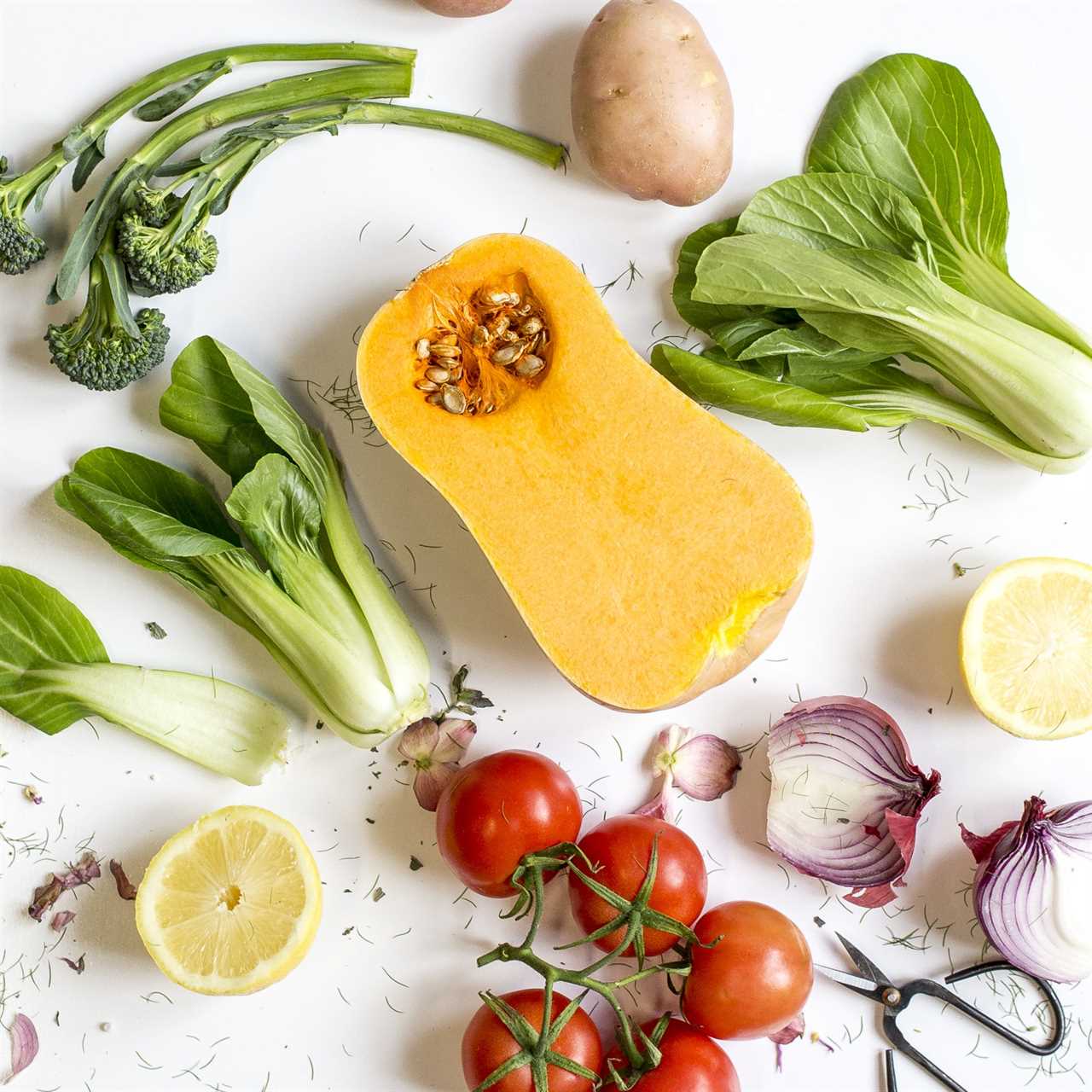 |
Benefits of Organic FarmingOrganic farming is one of the best ways to help protect the environment. It can also provide a number of benefits for your farm, including increased.. |
 |
Is `organic` food actually healthier for you?Dr. Marc talks about organic food. |
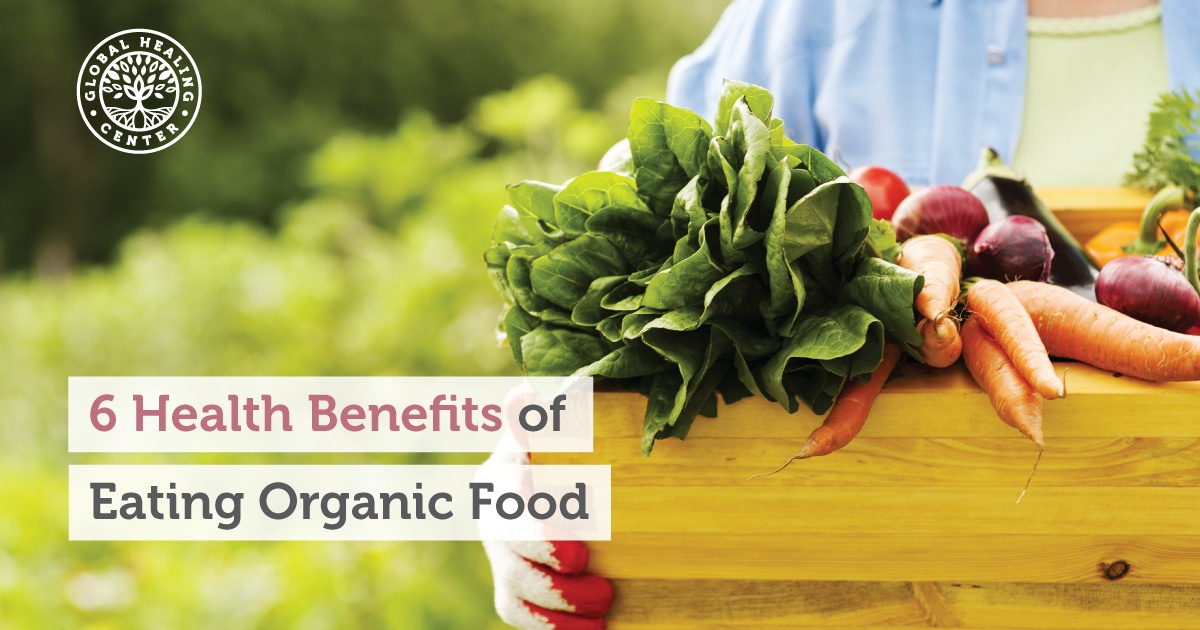 |
Organic Farming MagazineOrganic farming magazine is a resource that provides you with the latest information on organic agriculture, health, and sustainability. It also.. |
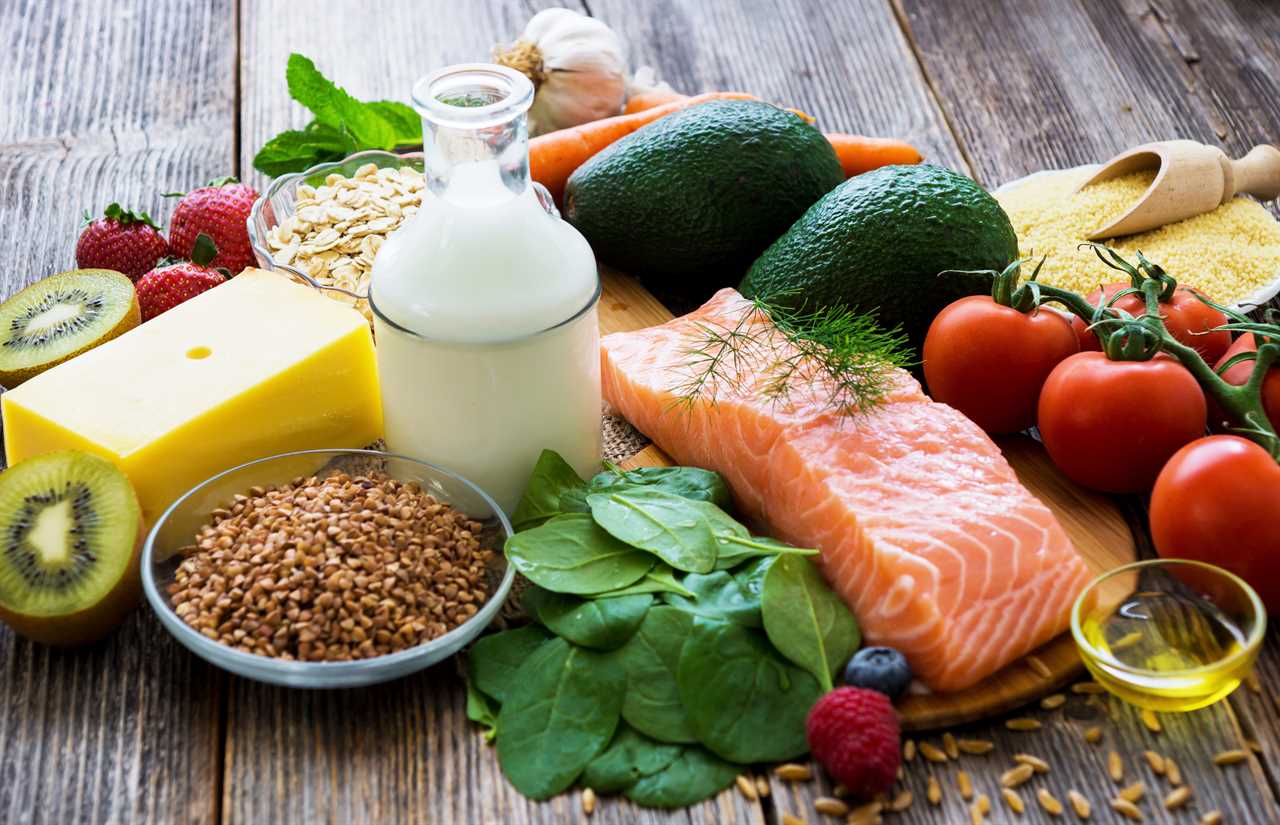 |
Is Organic Food Really Worth It?The organic food industry is a booming business. U.S. organic sales surged in 2020, jumping by 12.4% to $61.9 billion. With consumers being more health |
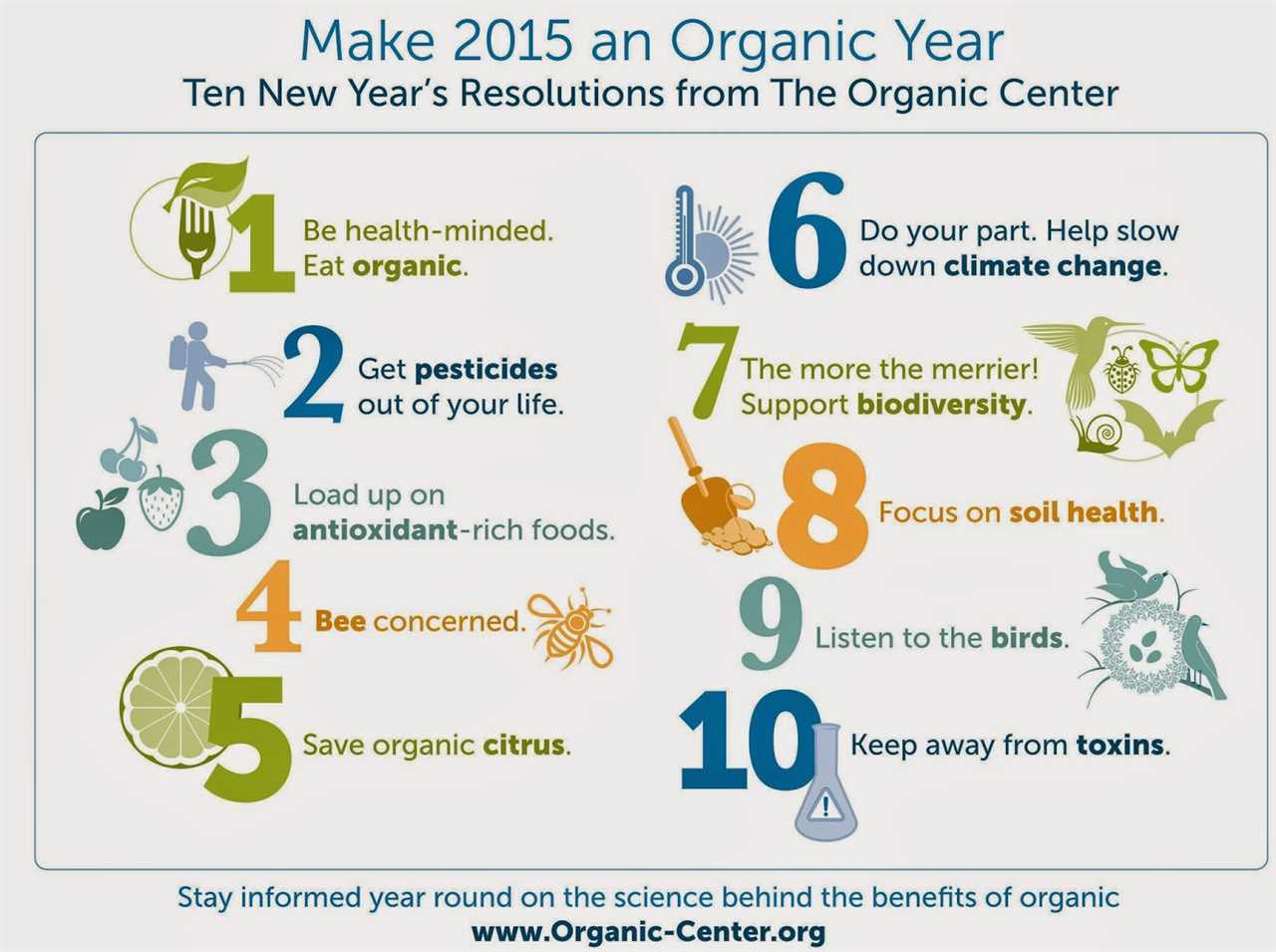 |
The Difference Between Organic Milk and Regular MilkOrganic milk is a type of milk that comes from livestock that is raised according to organic farming methods. This is a term that is regulated by.. |
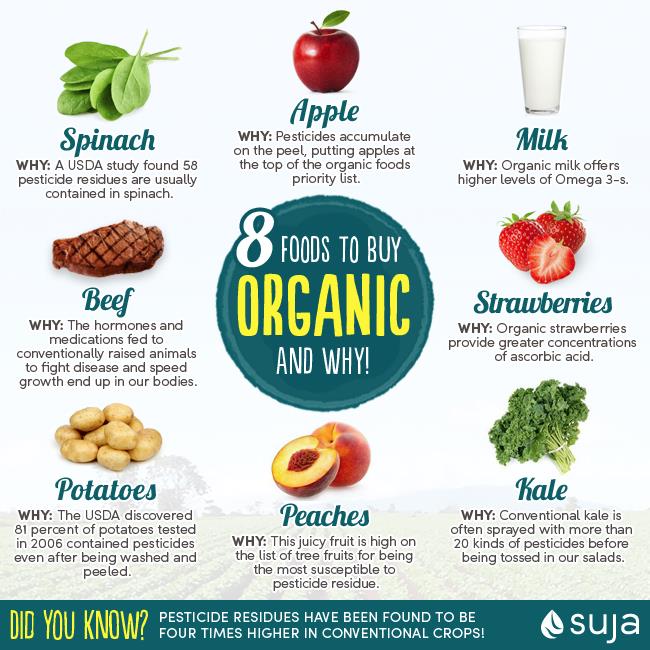 |
The Benefits of CompostingComposting your waste can be a very effective way of ensuring that your organic material is being broken down to the best of its ability. When.. |
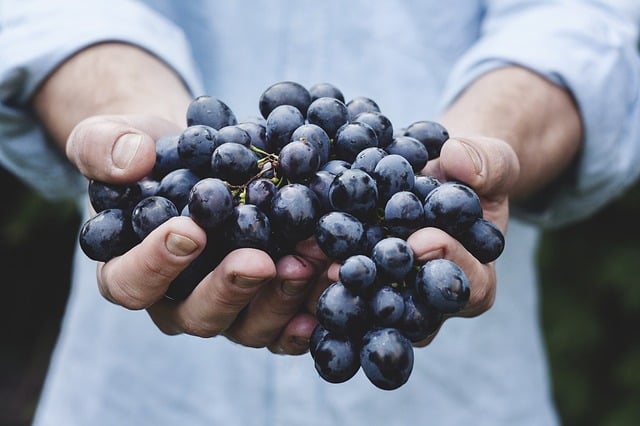 |
Is Organic Farming Beneficial to Biodiversity?Organic farming is a growing interest in the scientific community, and researchers have been investigating whether the practice is beneficial to.. |
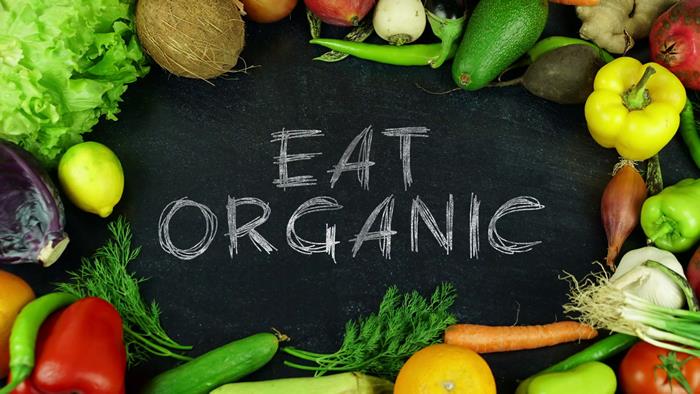 |
Organic eatingOrganic Cultur |
 |
What is Organic Cotton?Organic cotton is the type of cotton that is grown without using pesticides or chemicals. It is also the type of cotton that is grown in subtropical.. |
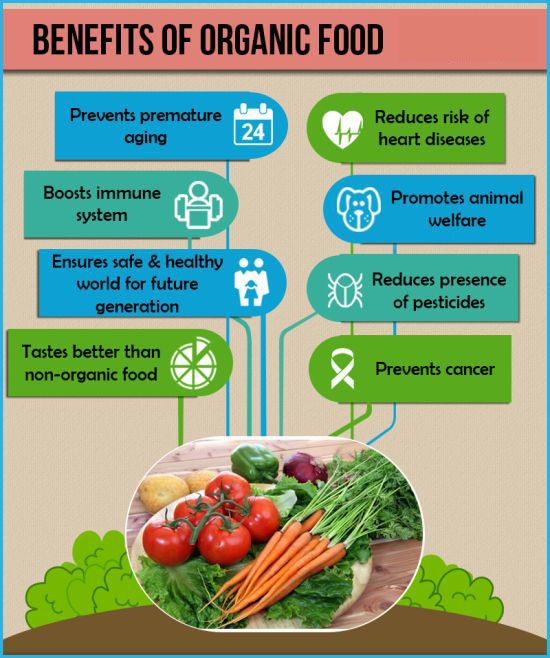 |
Benefits of Cover CropsIf you aren't familiar with cover crops, you may be surprised to learn that they are plants that are planted to grow on top of the soil to help.. |
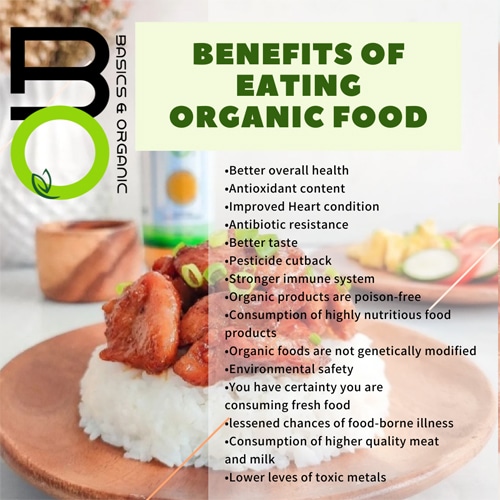 |
Learn How to Become an Organic Farmer Through a Training ProgramIf you are looking to become an organic farmer, there are several ways you can do so. One option is to take a training program that will teach you.. |
 |
Exotic VegetablesWhen it comes to vegetables, there are plenty of choices to choose from. Some of the most popular choices include broccoli, corn, carrots, and.. |
 |
The Benefits and Pitfalls of Organic Farming OrganizationsOrganic farming is an approach to farming that is not only ecologically sound, but also financially feasible. It is a method that is free from.. |
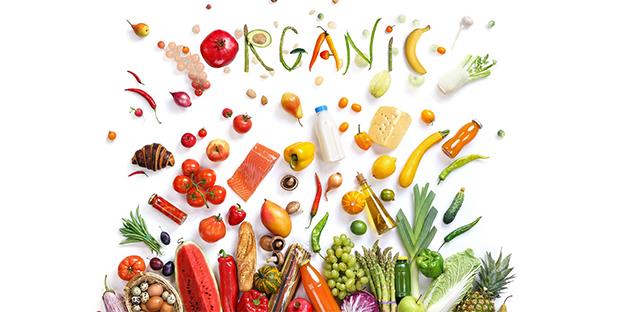 |
Soil Composition and BiodiversityThe soil that we have around us is a vital part of our lives. It is the home for many plants and animals. It also has a texture, a color, and many.. |
 |
Organic Farming PrinciplesOrganic farming is a practice that is designed to be sustainable and healthy. Its principles include avoiding harms produced by industrial farming.. |
 |
When Did Organic Food Start?The answer to the question when did organic food start? will vary depending on the time period in which you are looking at. For instance, it may be a |
 |
Can Organic Be GMO?The question Can organic be GMO is an ongoing debate among many consumers. While it's possible to eat foods that have been produced using genetic.. |
 |
Chhattisgarh's Organic Farming SchoolsThe government of Chhattisgarh has started to introduce organic farming schools. This initiative is intended to provide the young generation with the |
 |
What is a Conventional Farm?Conventional farm is the term used to describe a farm that is not organic. It is a form of agriculture that is associated with better soil quality,.. |
 |
The Rodale InstituteThe Rodale Institute is a nonprofit organization that aims to support research into organic farming. It was founded in 1947 by J. I. Rodale, an.. |
 |
The Latest Research on Organic | The Organic CenterResearched articles about eating Organic food |
 |
Korean GardeningKorean gardening is one of the oldest ways to grow plants. It involves planting herbs, fruits, and vegetables that are used in kimchi, a type of.. |
.png)





